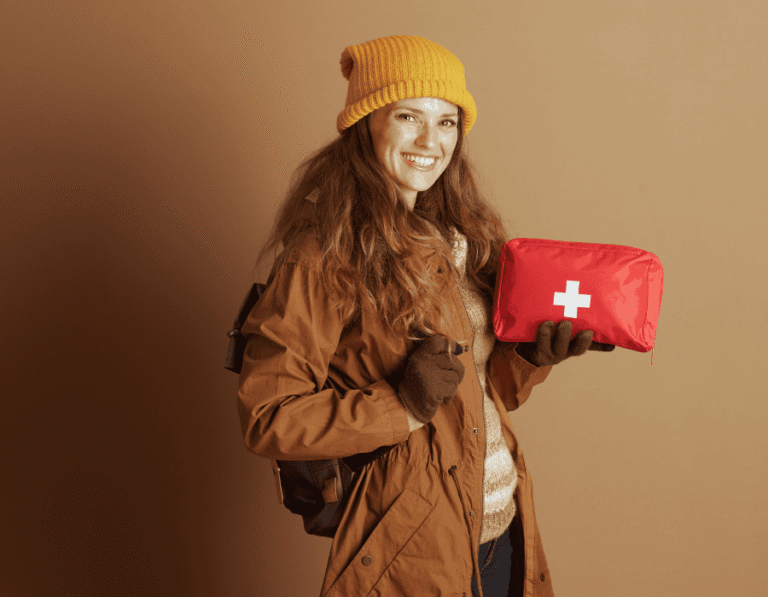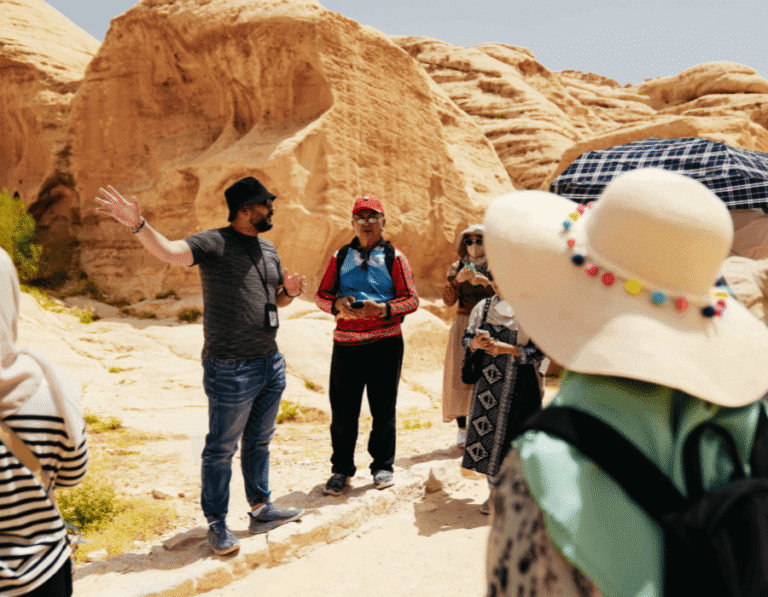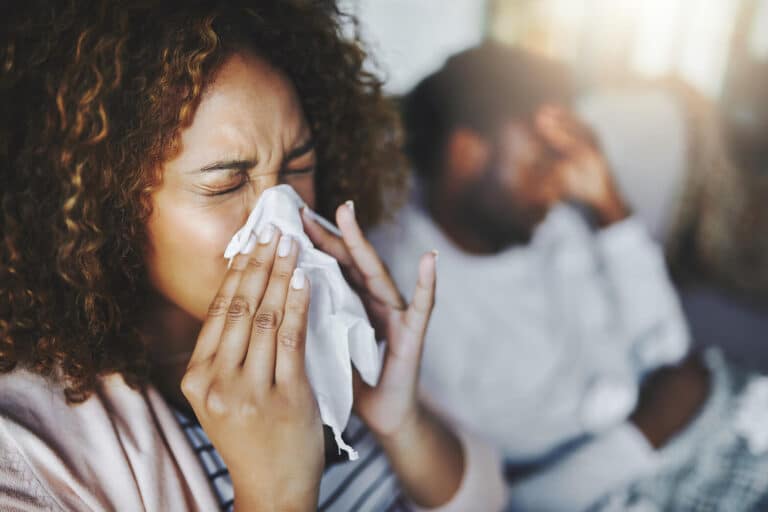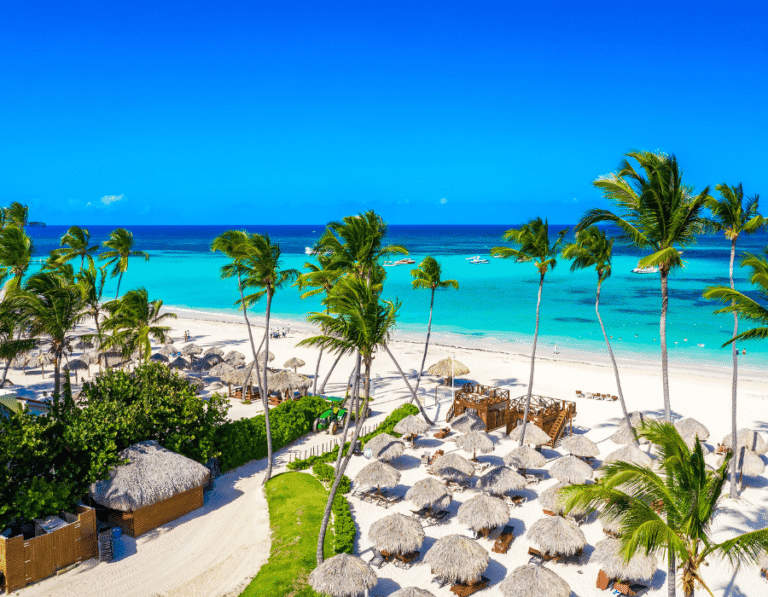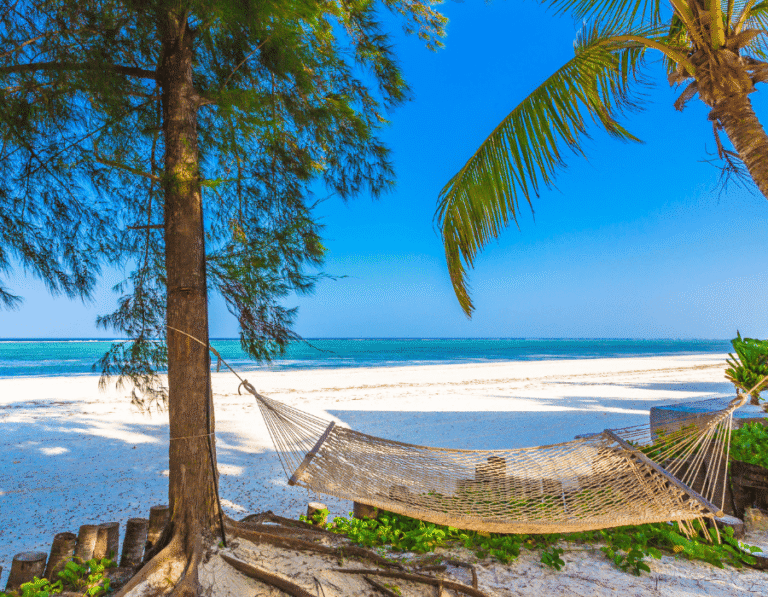Getting sick abroad is never fun — especially when you’re far from home and unsure where to go for help. But if you find yourself sick in Melbourne, don’t worry. The city has one of the best healthcare systems in the world, filled with friendly, professional, English-speaking doctors ready to help travelers get back on their feet.
Whether it’s a cold, food poisoning, or a more serious issue, this guide walks you through everything you need to know — from emergency numbers and travel insurance to finding the right doctor and staying healthy while exploring Australia’s culture capital.
Understanding Melbourne’s Healthcare System
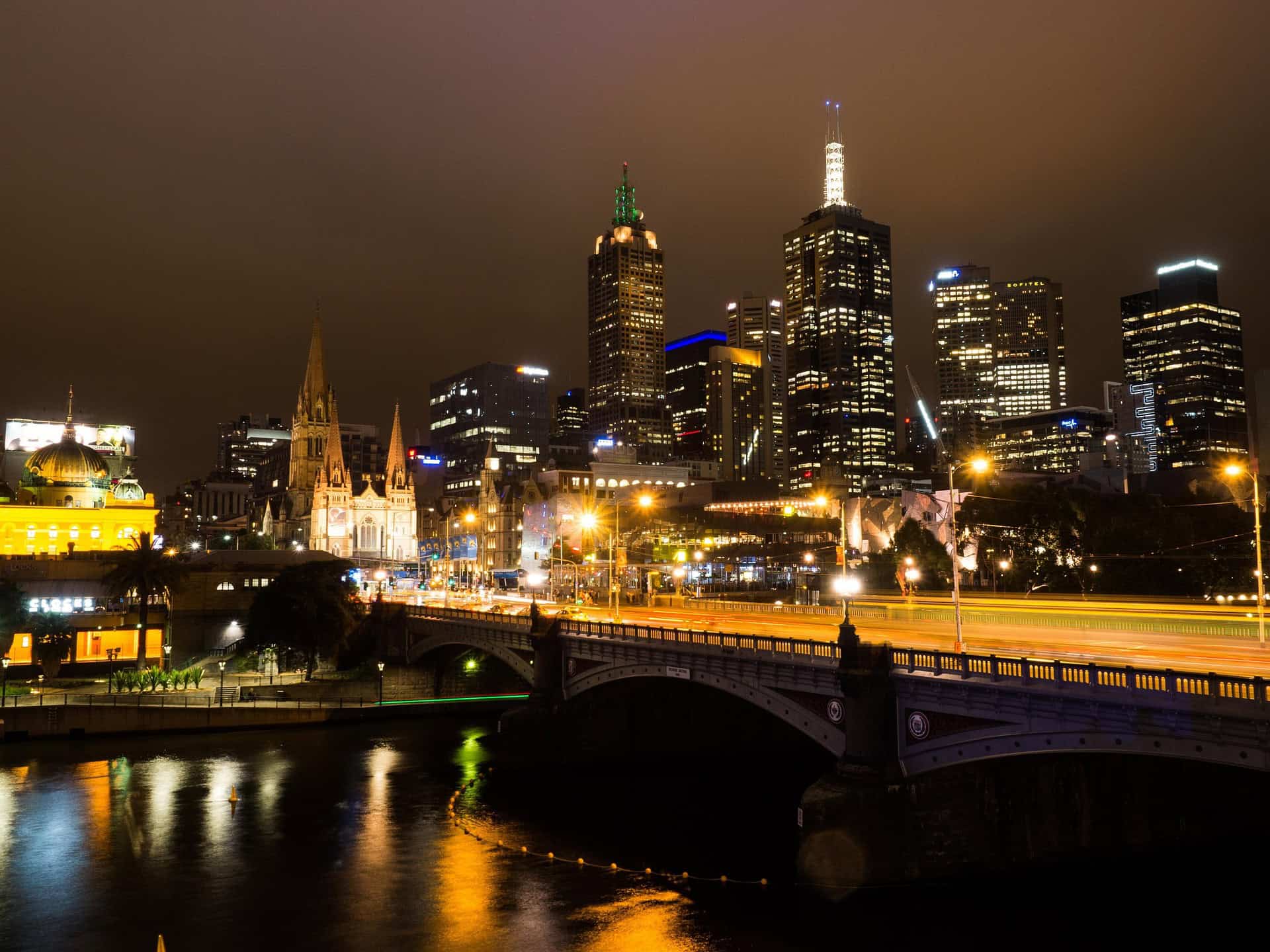
Melbourne has a world-class healthcare system, with both public and private hospitals offering exceptional care.
Private vs. Public
- Public hospitals (like The Royal Melbourne Hospital) are government-funded and provide high-quality care but often have long waiting times.
- Private hospitals (like St. Vincent’s or Epworth) offer faster service, modern facilities, and more flexibility for tourists and expats — though you’ll need to pay upfront if you don’t have insurance.
Emergency Medical Care
Let’s take a look at emergency medical care in Melbourne.
Essential Emergency Numbers
- 000 – Ambulance, police, or fire (the main emergency number in Australia).
How to Call an Ambulance in Melbourne
If it’s a medical emergency, call 000 immediately and request an ambulance. Operators are trained to assist callers from overseas and will dispatch help quickly.
When to Go to a Hospital vs. an Urgent Care Clinic
- Go to a hospital for emergencies like severe pain, breathing issues, or high fever.
- Visit an urgent care clinic for minor illnesses like colds, stomach bugs, or infections. These clinics are common throughout Melbourne and often accept walk-ins.
Pharmacies & Medication: What You Need to Know
Pharmacies in Melbourne are usually open from 8 AM to 8 PM, but several stay open 24/7. You’ll find them in shopping districts and suburbs like the CBD, Carlton, and St Kilda.
- 24-hour pharmacies: Chemist Warehouse and Priceline branches often have late-night options.
- Over-the-counter medication: Available for headaches, colds, and mild stomach issues.
- Doctor’s note: Needed for stronger medication or antibiotics.
What to Do if You’ve Got Travel Insurance
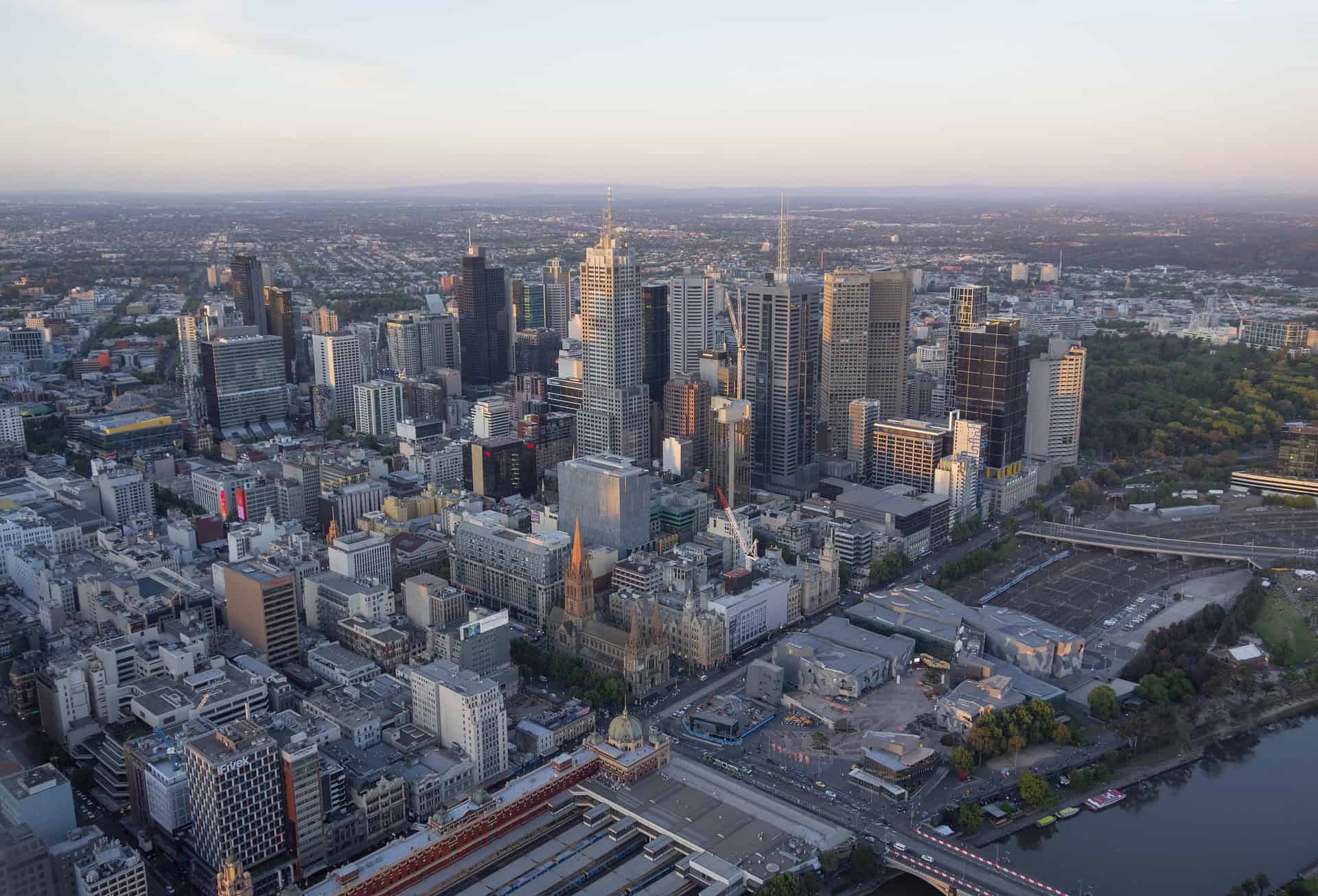
If you have travel insurance, healthcare in Melbourne becomes simple and stress-free. Most clinics can help you with documentation for claims.
Documents You’ll Need to Submit a Claim
- Passport
- Travel insurance details
- Doctor’s note or medical report
- Receipts for all expenses
If you’re a visitor from the UK, New Zealand, or select countries, you may qualify for Medicare benefits under reciprocal agreements. Always confirm coverage before traveling.
Language Barriers
Good news — you won’t face any! English is the main language in Melbourne, and you’ll easily communicate with medical staff.
Still, here are a few local terms you might hear:
- “GP” = General Practitioner (primary care doctor)
- “Chemist” = Pharmacy
- “Sick note” = Doctor’s note for work or insurance
How to Avoid Getting Sick in Melbourne
Here’s what you need to know to avoid getting sick in Melbourne.
Common Traveler Illnesses
- Jet lag and fatigue after long-haul flights.
- Seasonal colds during winter (June–August).
- Mild dehydration in summer due to dry heat.
Is the Tap Water Safe to Drink?
Yes! Melbourne’s tap water is clean and safe — among the best in the world.
Food Safety & Hygiene Tips
- Eat at reputable restaurants or food stalls with good reviews.
- Avoid eating seafood that’s been sitting out in the sun.
- Always wash your hands before meals.
Healthcare Tips for Pregnant Travelers & Those with Pre-existing Conditions
Melbourne offers excellent medical care for pregnant travelers and those with chronic conditions. Bring your medical documents and check if your insurer covers specialist visits.
Private clinics have obstetricians, pediatricians, and other specialists available for same-day consultations.
Finding an English-Speaking Doctor in Melbourne
English is the most spoken language in Australia. With that being said, finding a reliable doctor when you’re abroad can feel daunting — but it doesn’t have to be. With Air Doctor, you can:
- Find trusted, English-speaking doctors near you.
- Choose in-person or virtual appointments.
- Receive documentation for insurance claims.
Getting Help Beyond Healthcare
If you lose medication, need to contact family, or need emergency documents, your embassy or consulate can connect you with local hospitals and help manage urgent situations.
Recap
If you get sick in Melbourne:
- Call 000 in an emergency.
- Visit private clinics for faster care.
- Use pharmacies for common medication.
- Keep insurance documents handy.
- Use Air Doctor to find trusted, local doctors anytime.
About Air Doctor
With the Air Doctor app in your pocket, you can access medical care and receive expert medical guidance anywhere you travel.
Air Doctor offers a wide range of benefits, including:
- A global network of over 20,000 multi-lingual doctors and specialists
- Choice of clinic, at-home (hotel), and video consultations
- Healthcare access in 90 countries
- 24/7 multi-lingual support
- Transparent pricing and reviews
- Most common medical specialties, including GPs, dentists, and pediatricians
FAQs
No — unless you’ve got travel insurance, you’ll have to pay for medical care as a tourist in Melbourne.
A standard private consultation costs between AUD 80–120, depending on the clinic and time of visit.
Yes, some pharmacists can provide limited emergency medication, but most prescriptions require a doctor’s note.



